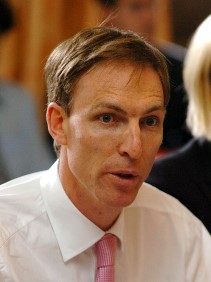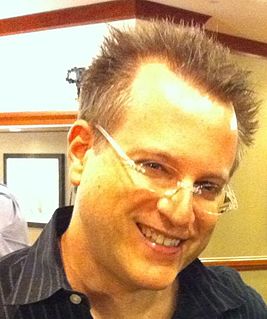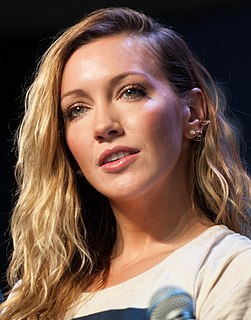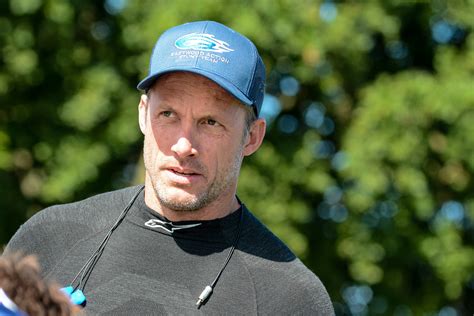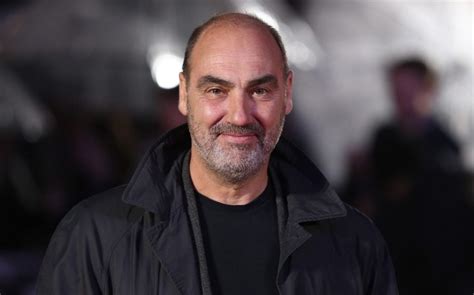A Quote by Jim Murphy
I write narrative nonfiction, creating lively scenes through action and the use of quotes from firsthand accounts, all based on rigorous research. If I say a character leaned against a fence on a windy day, than I have at least two sources to back up these details.
Related Quotes
In terms of a narrative nonfiction book, when you're describing scenes that you have multiple sources for, and that you have differing sources for, and you decide to choose a path that puts all that information together, well yeah, there's definitely going to be a little bit of the author in that. But there's nothing wrong with that.
I guess the wildcard here is Terrence Malick. He supervised me while I was writing the script for Beautiful Country, and he is a genius, although not always easy to follow. What I learned from him is that the narrative can be tracked through all kinds of scenes, that the strong narrative thread is not always the one that is most obvious. Creating narrative with Malick was a bit like chasing a butterfly through a jungle. This approach to narrative is fun and complicated, something that makes the process of writing constantly interesting to this writer.
It's a slow process, but it is scary, because if someone can control your energy sources, they can control you. We are already being told what light bulbs we can and cannot use...through legislation. We are being forced to fund research into alternative energies sources that are inefficient, and that cause the price of food, energy, and everything else to rise...through legislation...rather than allow free enterprise to allocate funds to those energy sources that will survive through good old American innovation!
As I started to read nonfiction in the mid '70s, I discovered, holy cow, there was a lot of imaginative nonfiction. Not the kind where people use composite characters and invented quotes. I hate that kind of nonfiction. But imaginative in the sense that good writing and unexpected structure and vivid reporting could be combined with presenting facts.
Well I liked the mixture actually. It's really good fun to have throughout a shoot to move from something which is quite character based in certain scenes where there's very little action and you're just working with actors and I suppose I've had quite a lot of practice at that. This is more action than I've had a chance to do so that was fun for me too to go into the action then and have some really good crew working with me. And sometimes you get these scenes where they blend.
All I really know in nonfiction is that when I come home, I've got all these notes and I'm trying to figure out what actually happened to me. I usually kind of know what happened, but as you work through the notes, you find that certain scenes write well and some don't even though they should. Those make a constellation of meaning that weirdly ends up telling you what you just went through. It's a slightly different process, but still there's mystery because when you're bearing down on the scenes, sometimes you find out they mean something different than what you thought.
I spend a great deal of time on research, on finding all the available accounts of a scene or incident, finding out all the background details and the biographies of the people involved there, and I try to run up all the accounts side by side to see where the contradictions are, and to look where things have gone missing.
I remember reading an interview with a writer who said that in nonfiction if you have one lie it sort of messes it up. But in fiction the real details give you so much more credibility, because people do so much research just to write fiction. In fiction you're trying to recreate something lifelike.
